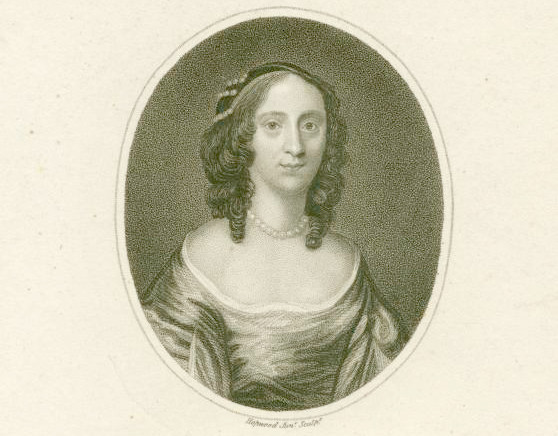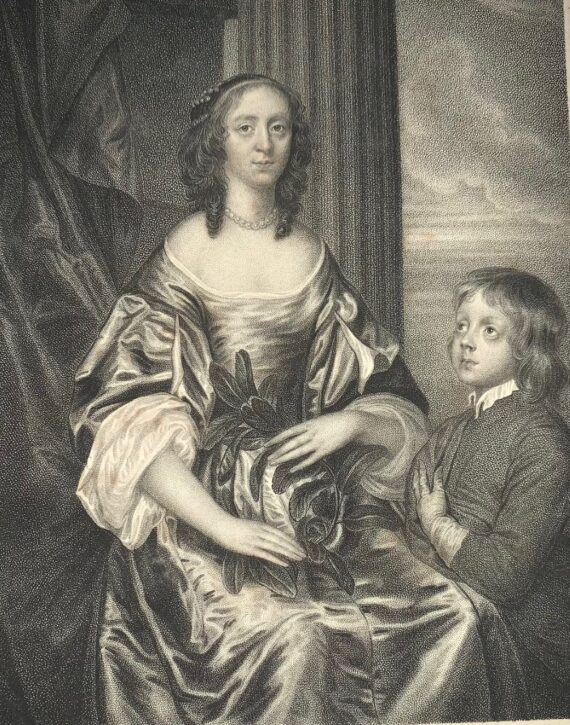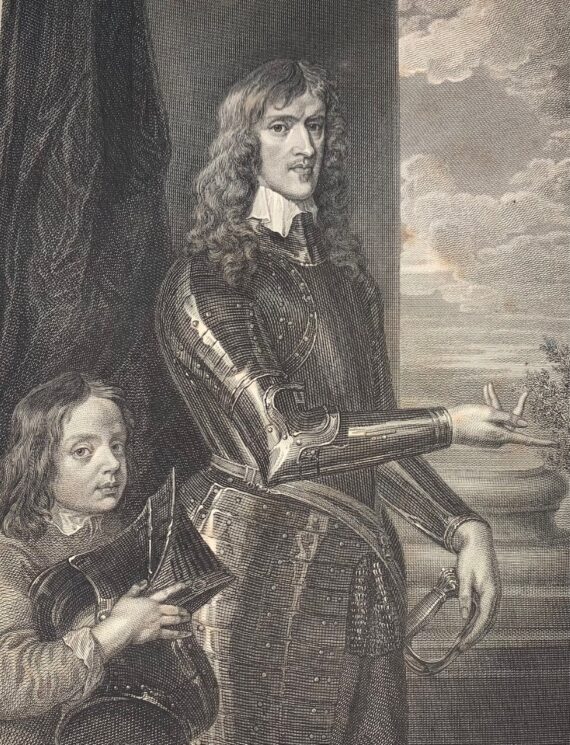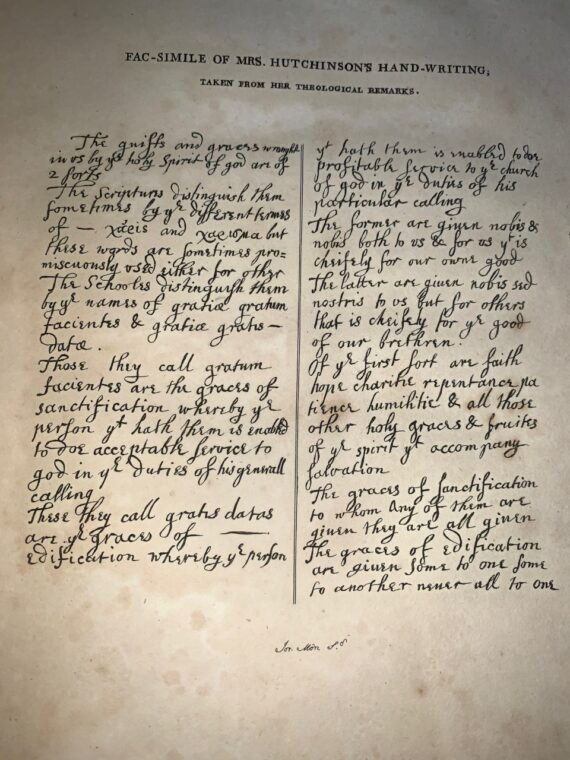- About
- Visiting
- What’s On
- Venue hire
- Catalogues
- Collections
- 101 Treasures of Chetham’s
- Digital Resources
- The Flowers of Histories
- A Book of Hours from France
- The Manchester Scrapbook
- Thomas Barritt of Manchester
- Art Treasures Examiner of 1857
- Manchester Association for Constitutional Order
- The North Western Museum of Science and Industry: Some Reminiscences by Richard Hills
- Criminal Manchester
- The Cup of Destiny
- Athenaeum Souvenir
- Middle English Manuscripts
- Manchester and Liverpool of Today
- Hollingworth’s Mancuniensis
- Memoir of Cecil Wray
- William Seward’s Diary
- The Anti-Monopolist
- Fishwick’s History of Rochdale
- Knyvett’s Defence of this Realm
- Tractatus de Nigromantia
- Axon Ballads
- Printed Books & Ephemera
- Archives & Manuscripts
- Prints and Photographs
- Blog
- Support us
Lucy Hutchinson and the Civil War

Given our recent theme focusing on women in the library, the time seems right to tell, if only in brief, some of the remarkable stories of their lives and achievements. Our first choice lights on the talented and scholarly Lucy Hutchinson (1620-1681). Born on 29 January 1620, Lucy is most noted for her Memoirs of the Life of Colonel Hutchinson, a biography of her husband John Hutchinson, the parliamentarian governor of Nottingham Castle during the English Civil War. Chetham’s Library is fortunate in having one of the early publications of this work, it should however be noted that it was not published until 1806, 125 years after her death, by her descendant Reverend Julius Hutchinson.

Engraving of the oil painting of Lucy Hutchinson from our copy of Memoirs of the Life of Colonel Hutchinson, 1806.
Her other achievements include being the first person to translate Lucretius’s first-century BC philosophical work on the nature of existence, De Rerum Natura (On the Nature of Things) from Latin; however her work was published only in 1996 after being in the possession of family members, and subsequently in the British Museum, before being rediscovered. The reasoning for her translation of this document has been debated by historians, as parts of its hedonistic and effectively atheistic nature are at odds with Lucy’s staunch puritanism. The fact of Lucretius denying the existence of an immortal soul would have sat very ill with her theology. Lucy herself states that her reason was to better understand and engage with the then widely read classical work, even though she herself denounced it as ‘pagan mud’.
These sentiments were echoed in her Order and Disorder, a poem very much against Lucretius, and which has been described as ‘a Biblical epic as ambitious as Paradise Lost‘, but which was for some time wrongly credited to her brother. Despite these achievements Lucy has received little attention until the 20th and 21st centuries and is steadily gaining the recognition she deserves.
Lucy was one of ten children born to Sir John and Lady Lucy Apsley. Her father was Lieutenant of the Tower of London and the family had rooms in the Queen’s House. Lucy notes in her Memoirs that her mother was responsible for giving medical aid to prisoners in the Tower who could not afford a physician. Her mother also funded the chemistry and apothecary pursuits of noted prisoner Sir Walter Ralegh. Ralegh would often make his own medicines from the lieutenant’s herb garden, and Lucy’s mother would study them in order to further her medicinal knowledge. Julius Hutchinson notes this may have contributed to Lucy’s own medical knowledge which would be put to good use in the future.
Even as a child she stood out intellectually: at four years old she was an avid reader and by seven she had eight academic tutors. Writing in her Memoirs she records ‘my father would have me learne Latine, and I was so apt, that I outstripped my brothers who were at schoole’. It is this intellect that her husband fell in love with when reading the Latin works she had translated. He was studying law with her sister, who was the one to introduce him to Lucy’s work. When they both met, Lucy shared his feelings and they were married on Tuesday July 3, 1638 at St Andrew’s Church. The wedding took place after she had a near fatal attack of smallpox.

Image of John Hutchinson from our copy of her Memoirs of the Life of Colonel Hutchinson.
Their settled married life at Owthorpe, Nottinghamshire, was interrupted by the eruption of the English Civil War in 1642. Lucy and her husband were on the side of the Parliamentarians and were to play a key role once John was appointed Governor of Nottingham Castle 1643-47. It is this period that Lucy’s Memoirs record her husband’s victories on the battlefield. In 1649 John took part in the trial of Charles I and his signature appears on the King’s death warrant. This put him in great danger of being the object of vengeance when the Restoration of 1660 brought the late king’s son, Charles II, to the throne.
John was arrested in 1663 for alleged involvement in a Monarchist plot and was to die in Sandown Castle in 1664. This was when Lucy would begin writing the Memoir with the object of clearing her husbands name. However, it also reveals her extraordinary input during the Civil War skirmishes that took place in Nottinghamshire, assuming the role of surgeon. She records ‘five of our men hurt … who for want of another surgeon were brought to the governor’s wife .. .were all cured at a convenient time’. She even chose to offer medical aid to enemy prisoners against the wishes of seniors in the Parliamentarian army.
After her husband’s death she faced financial struggles from his remaining debts and had to sell property at Lowesby in Leicestershire, then Owthorpe itself in 1672 to her husband’s half-brother, Charles Hutchinson. Lucy was still active in these later years, having finished her husband’s Memoirs, she turned her pen to theological debate once more. In 1679 Order and Disorder, or, The World Made and Undone, Being Meditations Upon the Creation and Fall, As It Is Recorded In The Beginning of Genesis was published anonymously.

A facsimile of Lucy’s handwriting included in ‘Memoirs of the Life of Colonel Hutchinson’.
The work opens with an introduction similar to that found in her Lucretius, addressing concern over popular heretical works. This opening dedication of her work paved the way for a more Christian epic poem that analyses the then controversial aspects of the book of Genesis, far removed from her Lucretius translation and adding further reasons to her prior denouncement of that work. It has also become a work that firmly dispels the impression that all literature in the 1660s was royalist in sympathy. She would continue to write poetry throughout the 1660s. She died at Owthorpe in October 1681 and was buried next to her husband.
Reference list
Hutchinson, L. (1806). Memoirs of the Life of Colonel Hutchinson … 1st ed. Fleet Street: Julius Hutchinson.
Hutchinson, L. (2001). Order and Disorder. Wiley-Blackwell.
Hutchinson, L., Barbour, R., Norbrook, D. and Titus Lucretius Carus (2012). The Works of Lucy Hutchinson. Oxford ; New York: Oxford University Press.
Norbrook, David, Hutchinson (nee Apsley), Lucy (1620-1681), Oxford Dictionary of National Biography, https://doi.org/10.1093/ref:odnb/14285
Salzman, P. (2006). Reading Early Modern Women’s Writing. OUP Oxford.
